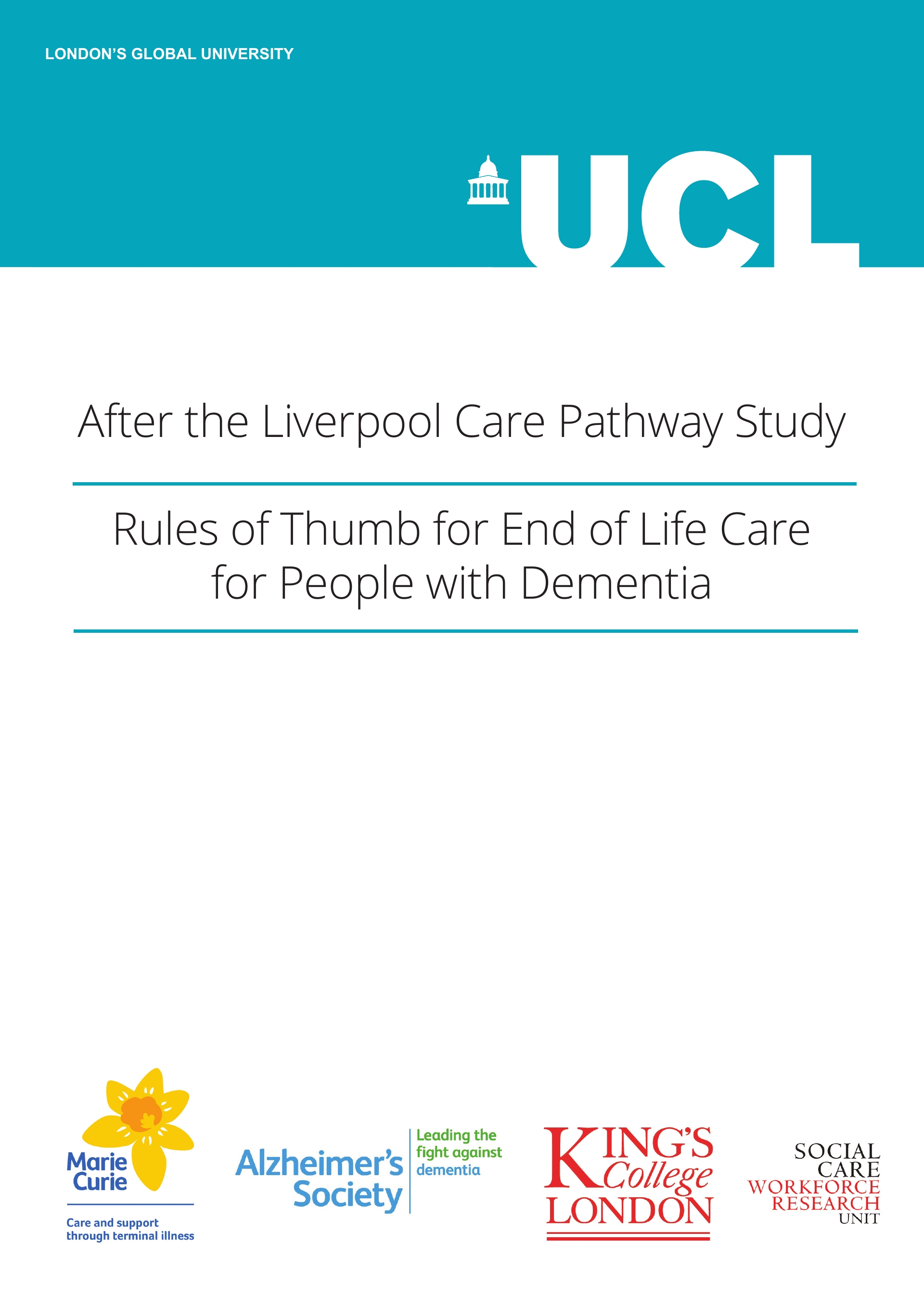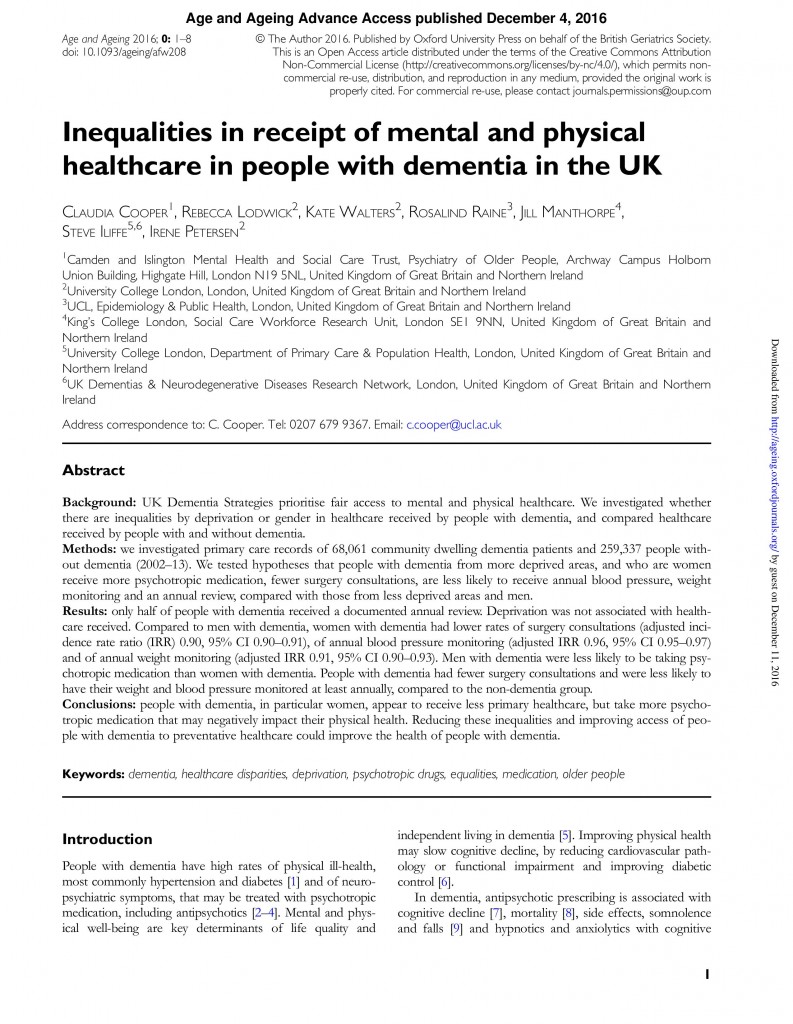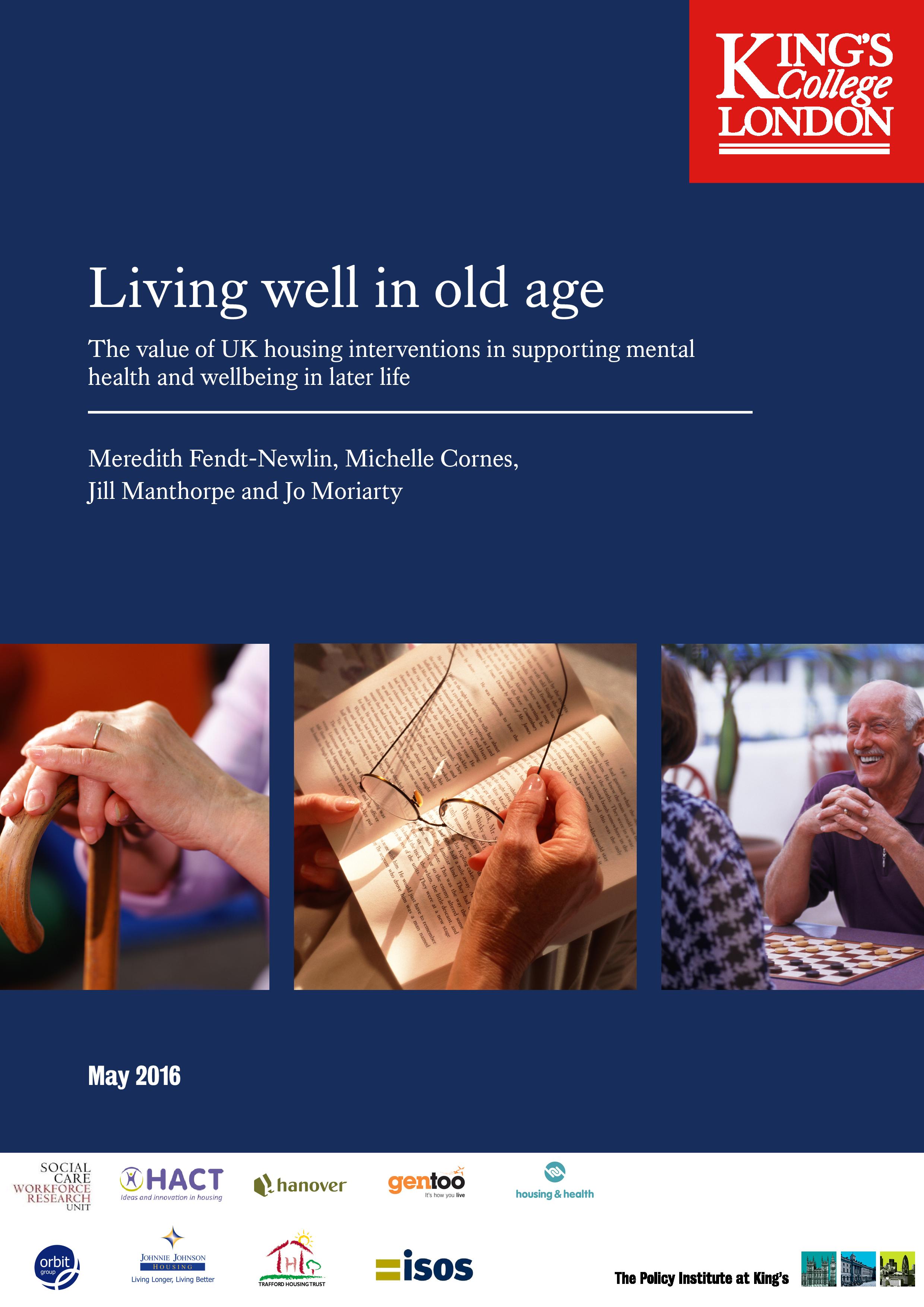 Dr Nathan Davies discusses Rules of Thumb for End of Life Care for People with Dementia. (954 words)
Dr Nathan Davies discusses Rules of Thumb for End of Life Care for People with Dementia. (954 words)
Back in 2011 when I started my PhD and was working on a European study which was examining palliative care services for people with dementia, there was a distinct lack of guidance about how end of life care should be delivered. The only real ‘saving grace’ I guess was the Liverpool Care Pathway. This offered some guidance about what should happen towards the end of life. It was meant to incorporate and describe best practice from hospice care, the ‘gold standard’ of end of life care, and allow it to be translated to other settings such as the acute hospital ward. Although, I say saving grace… really, it wasn’t best suited to people with dementia and it only focused on the last few days of life.
The Liverpool Care Pathway received some shocking criticism, spearheaded mainly by the Daily Mail and ultimately this led to the removal of the pathway by the UK government in 2013. What we saw in the middle of our projects were practitioners losing more and more confidence in providing end of life care generally, let alone for people with dementia.
This led us to think, what can we do to help with practitioners confidence but not develop yet another pathway or guideline? Maybe what we need is something that is short, easy to remember, prompts us to think and leads us to an action. Cue light bulb moment, and we have the idea of developing rules-of-thumb (heuristics). Rules-of-thumb are simple, easy to remember schematic patterns which help with decision making. We were fortunate to gain funding for this research from the Alzheimer’s Society and Marie Curie. Our research team included dementia and end of life care experts, including Prof Steve Iliffe, Dr Kethakie Lamahewa, Prof Jill Manthorpe, Dr Rammya Mathew, and Dr Liz Sampson. Continue reading →
 Caroline Norrie is Research Fellow at the Social Care Workforce Research Unit, King’s College London (330 words)
Caroline Norrie is Research Fellow at the Social Care Workforce Research Unit, King’s College London (330 words)






